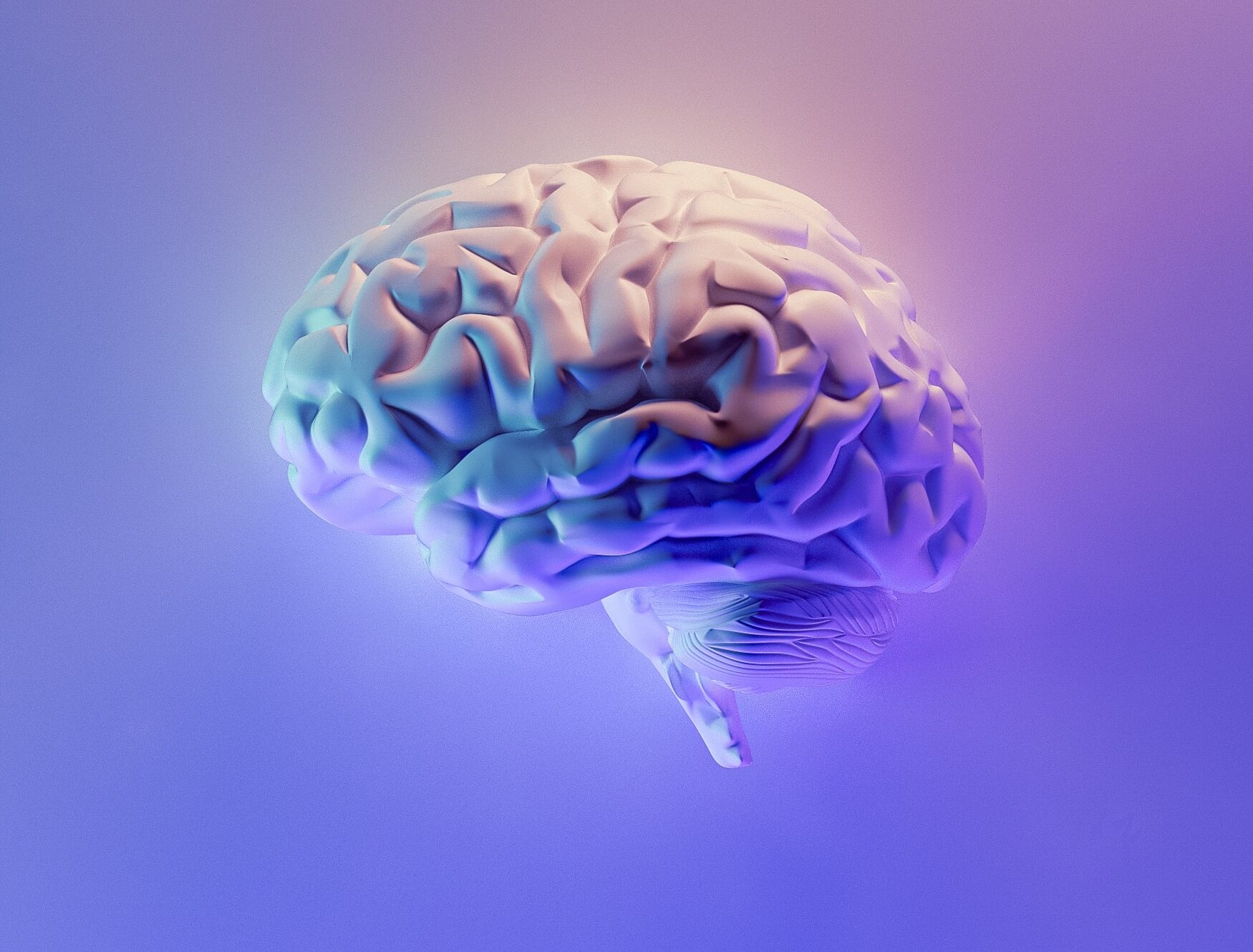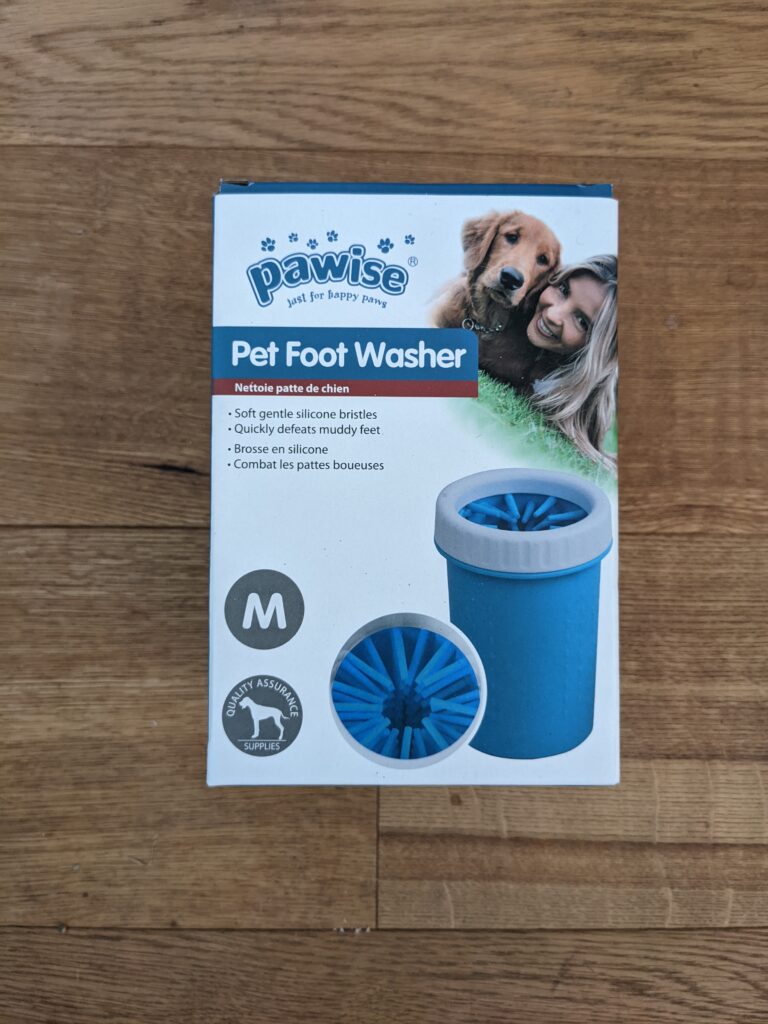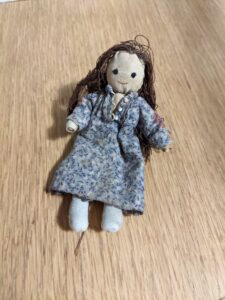
I worked for a long time with a teenage client with high-functioning autism and ADHD. This was a hugely difficult but not uncommon combination. Imagine being extremely intelligent but combined with physical restlessness and enormous difficulty in concentrating. Now throw in anxiety and social anxiety and, inevitably, a tendency to become overwhelmed emotionally and in response to physical and mental sensations. What could I offer as a counsellor? In CBT, we are encouraged to ‘capture’ thoughts and beliefs and ‘adapt’ them. For my young client, this was like asking him to catch and tame one rabbit in hundreds, as they all scattered in different directions and disappeared off into their maze of burrows. He could see the sense of the theory, he just couldn’t put it into practise. Occasionally, we would find one idea that he found helpful and that he could hang onto and live by and, for me at least, that felt like progress – but generally it felt like trying to climb a slime-covered mountain, inch by excruciating inch. We both thought there had to be an easier way.
One memorable day my client emailed me with a book suggestion. This, he thought, might be the answer. Would I get a copy and read it? Well, of course. I was as desperate as he was. The book was ‘Habits of a Happy Brain’ by Loretta Graziano Breuning. https://amzn.to/3C5HhwT I’d never heard of her but her credentials were good. She is Professor Emerita at California State University and is founder of The Inner Mammal Institute https://innermammalinstitute.org/. The book turned out to provide a real breakthrough for my client. It is a clear and readable account of basic neurochemistry, in particular the neurochemicals that affect our happiness.
I’m not going to go into vast detail – read the book, if you want to deep dive into this – but I am going to write about how this relates to Gold Star Syndrome. Some people will no doubt find the approach reductive and I know I felt a reluctance to accept that my behaviour and moods are so hugely influenced by what’s going on for me biochemically. If, however, we can get over the pride that makes us want to believe that we are independent of mammalian brain chemistry and entirely in charge of our own destiny, then I think we have access to information that can really help us.
To my client, the information was clear and his response direct. ‘I need more dopamine’, he said and promptly took steps to achieve that aim. He realised that nothing in his life was giving him any sense of reward. Dopamine is the neurochemical responsible for our sense of reward. You may already have heard how it is exploited by those interested in getting us hooked into something, be it gambling, scrolling on our phones or amassing ‘likes’ on our social media. Anyone who has been ‘in love’ will have experienced the dopamine ‘hit’ when a text from the beloved pings in and then the desperation for the next text and the next and the next. Dopamine gives us a sense of reward but it doesn’t last. We all know how great it feels to buy something new – and then to notice how, as the days go by, the shiny new feeling diminishes. Unfortunately, it happens with our lovers too. Gradually, and inevitably, we become habituated to them and it becomes harder and harder for them to provide us with dopamine. I observed it recently as a young man wooed one of my lodgers. At first, she was thrilled with the flowers he gave her and it didn’t matter what flowers they were. Then, she asked if she could put the lilies he brought in the kitchen – she couldn’t stand the smell of them. Before long, she’d come home with flowers and sling them aside while she put the kettle on. ‘More flowers?’ I’d ask. ‘Yeh,’ she’d say, with a shrug and a roll of her eyes.
My young client grasped all this. He knew that understanding his brain chemistry didn’t give him a magic bullet – but it did give him a very practical approach to creating his own happiness. He also needed some very specific medication and help from a specialist psychotherapist – but reading the book was ground-breaking. It gave him a new strategy and hope.
What does all this have to do with Gold Star Syndrome? Maybe you are there already. It is in the role of dopamine. https://innermammalinstitute.org/dopamine/ As mammals, we are programmed to seek reward. It is a survival strategy. We seek out what will make us feel good because that way lies survival – food, warmth, shelter, love. It makes sense then that dopamine also helps make us competitive. If there is just one banana and we fight for it and win it, then at a very basic level, we feel good. Of course, centuries of becoming more civilised and having messages drummed into us such as ‘Love thy neighbour as thyself’, ‘Share and share alike’, ‘Make love, not war’, (do come up with your own in a similar vein!) rather muddies the picture. We are likely to have mixed feelings. Yes, we got the banana (dopamine hit), but we’re also feeling a bit bad about being selfish and certainly, about punching our friend in the face to get it. Nice people don’t punch other people. But, deep down, we really, really want that banana, because we really, really like dopamine because we really, really want to survive! We feel very mixed up about our desire to achieve and to keep achieving because we love our dopamine – but there is other stuff going on too.
Some of the other stuff is oxytocin. https://innermammalinstitute.org/oxytocin/
Anyone who has had an orgasm or who has breastfed will have felt the action of oxytocin. Oxytocin is often called the ‘love hormone’ and it is released when we feel trust: it helps us to bond. Stroke your dog, your cat or even your pet snake, and you will release oxytocin. Fight someone for the banana and you’re going to release dopamine but it’s going to interfere with your oxytocin levels.
Remember the old ‘Last Rolo’ advertisements? They’re all about the dopamine/serotonin/oxytocin interplay. Try this one: https://www.youtube.com/watch?v=ENymdMBTcSo
The other relevant stuff is serotonin. https://innermammalinstitute.org/serotonin/
Serotonin is released when we’re feeling status or social power – hence, when you’ve won the banana, you’ll feel the benefit of serotonin. You’ll look like a winner in the pack and that will feel good.
Very crudely then:
Fought for and won the banana = dopamine + serotonin – oxytocin
This simple formula can fuel Gold Star Syndrome
For example:
You get the promotion and you feel great for a while (dopamine + seratonin) but then you become habituated to it (no dopamine). Maybe you also feel a bit bad about it because the ‘rule’ in your pack is that it’s bad to set store by worldly achievements or pride comes before a fall (minus some oxytocin). Maybe you don’t like the team you’re leading (no oxytocin) or you feel your status as leader is being undermined by a colleague (serotonin levels sink). Before long, you’re seeking another promotion – you’re getting no dopamine, your serotonin levels have slumped and you certainly aren’t getting any oxytocin! You can get round the ‘rule’ about worldly achievements by deciding that there’s nothing actually WRONG with achieving things so long as you make sure to be humble about them.
Even if you work alone, the neurochemistry still has you in thrall. I, for example, spent many years working as a children’s writer. At first, it’s enough just to be published. Wow! Loads of dopamine and serotonin! You’ve made it as a published writer! But that soon fades. Then it’s the next book – or maybe the need to get a deal for a trilogy – or a series! And then there’s the lure of the dopamine-infested book awards At first, it’s fantastic to be long-listed – then it has to be short-listed – and then it’s not enough unless you actually get the award! Meanwhile, you might be feeling a bit lonely, working on your own (no oxytocin) so maybe you try to buddy up with your agent or your editor. Or maybe you join a social media group for published authors – and then you start finding out what other writers are up – the deals they have struck, the fantastic covers their books have, the reviews they have received! All very, very bad for your serotonin levels! (and possibly for your oxytocin if you begin to feel jealous of the other writers!)
Are we then doomed? Can we not escape the snares of our neurochemistry? Will we be seeking Gold Stars forever, like rats seeking glucose in an endless maze?
Not necessarily. Forgive me for any repetition but I think one of the main benefits of counselling or therapy, is becoming aware. If you are unaware, you will only change anything accidently. Once you are aware, you can consciously decide what you’re doing to do – like my young client who took active, healthy steps to experience more dopamine.
We can choose to start noticing when we feel the lure of the dopamine hit. I now know, for example, what’s fuelling the temptation to visit TKMaxx. Consider the set up in that store which, in my view, is utterly brilliant as a sales strategy. In TKMaxx we are both hunter and gatherer. The random element gives us the thrill of the chase and delighted satisfaction when we find something we want (lovely, lovely dopamine!). We even feel serotonin as we smugly carry home our bargain: we have done slightly better than the rest of our pack. ‘Look at what I got in TKMaxx!’ we crow. When asked about our lovely new dress/shoes/bizarre garden ornament, ‘Oh, I got it in TKMAXX,’ we say modestly, privately gloating over our spectacular bargain (loads and loads of serotonin). What is a bargain but something that you’ve got for less money than anyone else, thereby making you a winner, if briefly?
Do I visit TKMAXX less often? Probably not, but I now know what I’m letting myself in for and am less likely to exit with weird biscuits that I’m never going to eat. I did fall for a dog paw washer the other day though……
On that happy note, I will finish. I will consider other ways to live happily with our neurochemistry, without being a slave to it, another day. Meanwhile, happy bargain hunting! It’s not called ‘hunting’ for nothing!

Please note: this post contains an affiliate link.



